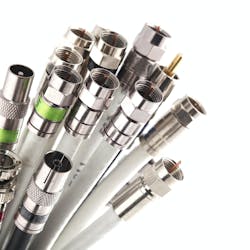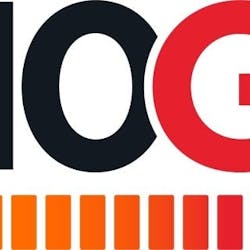Chinese communications technology supplier ZTE revealed in an exchange filing yesterday that it has ceased what it termed “major operating activities” in the wake of a U.S. Department of Commerce decision to shut off its access to U.S. sourced components and software. The company, along with the Chinese government, has requested the ban be lifted or modified. There currently is no sign that the department’s Bureau of Industry and Security (BIS), which imposed the ban, plans to relent in the face of those requests.
“As of now, the Company maintains sufficient cash and strictly adheres to its commercial obligations subject to compliance with laws and regulations,” added the filing, a copy of which ZTE posted on its website.
The BIS ruled on April 16, 2018 that ZTE failed to live up to the obligations imposed upon it last year when the Chinese company was found to have supplied systems to Iran and North Korea containing U.S. components, despite a ban on export of such components to the two countries. ZTE admitted guilt and in March 2017, the BIS imposed $1.19 billion in fines, with $300 billion suspended as an inducement to adhere to the agreement's terms during a seven-year probationary period. Those terms included ZTE’s promise to take disciplinary actions against the employees identified as participating in the illegal technology shipments. The agreement also contained provisions for a seven-year ban on U.S. technology transfer to ZTE that also would be suspended if ZTE adhered to the agreement.
However, as part of its oversight of ZTE’s adherence to the terms of what has become known as the “Denial Order,” the BIS discovered this past February that not only had ZTE failed to fully discipline the employees involved, but had paid several of them bonuses. The company also lied about its disciplinary failures in communications with the BIS last year. As a result, the BIS decided to fully impose the previously suspended seven-year ban on U.S. technology transfer.
While admitting via counsel that it hadn’t been completely truthful about its lack of disciplinary actions, ZTE has called the ban’s imposition excessively harsh in light of the company’s efforts to improve its compliance procedures and the fact that an independent investigation into the causes of the disciplinary screw up has not been completed. It also has suggested that the ban is motivated by the economic saber rattling now underway between China and the U.S. regarding trade and trade policies.
“ZTE responded quickly and expressed its firm opposition to the decision made by the US Department of Commerce, to the unfair and unreasonable punishment, and to making a trade issue as a political one,” said the company via a statement posted this week on its website.
Regardless, ZTE relies heavily on U.S. technology for the production of many of its products, from chips and software for its smartphones to optical modules for its network communications systems. The ban has put the company in a severe bind. "I don't think there is anywhere they can go for critical components," wrote Andrew Schmitt, founder and lead analyst at market research firm Cignal AI, in response to an email query from BTR sister site Lightwave, which covers optical communications technology and applications. "The only other suppliers for some of the devices are in Japan and it isn't clear at this point what direction they will take with ZTE. Even then, there are components like WSS [wavelength-selective switch] modules and tunable lasers that have no non-U.S. sources. The situation is the same for other businesses – control plane processors, software, FPGAs, Qualcomm chips for mobile phones. The Dept. of Commerce effectively signed a death warrant for ZTE."
The company has offered several products that would be of interest to cable operators, from handsets to video, wireless and optical transmission and broadband gear (see, for example, “Conax Inks Global Reseller Deal with ZTE,”“CableLabs Announces First-Round DPoE Quals” and “BroadLogic, ZTE Partner on DTV over EPON.”





